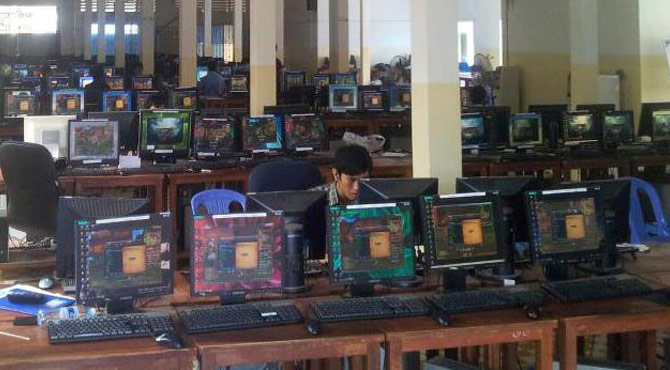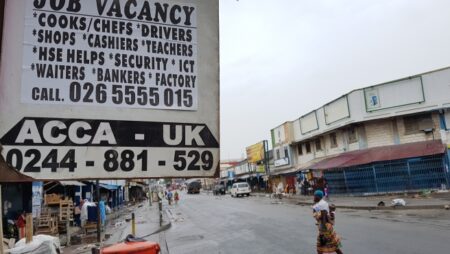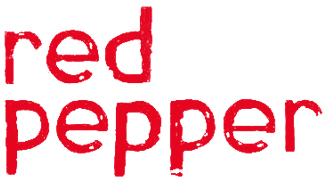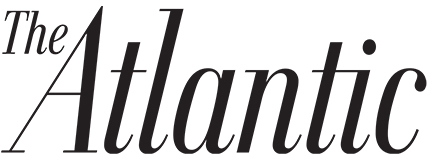Overview
Sub-Saharan Africa has traditionally been characterised by stark barriers to non-proximate communication and flows of information. However, in the last few years, there have been radical changes to SSA’s international connectivity; fibre-optic cables have been laid throughout the continent and there are now almost one hundred million Internet users and over seven hundred million mobile users in the region.
This rapid transformation in the region’s connectivity has encouraged politicians, journalists, academics, and citizens to speak of an Internet-fuelled economic revolution happening on the continent. For the first time in decades, Sub-Saharan Africa is receiving more capital through investment than in foreign aid and many see the potential for SSA to move away from dependence on agriculture and extractive industries and towards a focus on the quaternary and quinary sectors (in other words, the knowledge-based parts of the economy).
However, while much research has been conducted into the impacts of ICTs into older economic processes and practices, there remains surprisingly little research into the emergence of new transformative Internet and mobile-based economic activities and work in Africa. The question therefore remains if, and under which circumstances, we are seeing a new era of development on the continent fuelled by networked technologies, or whether Sub-Saharan Africa’s engagement with the global economy will continue to be on terms that reinforce dependence, underdevelopment, and economic extraversion.
Southeast Asia (SEA) is a region that has a population and demographics comparable to SSA, but that has enjoyed good international connectivity for somewhat longer. Due to its location between Europe and East Asia, Southeast Asia was traversed by some of the earliest submarine cables. A modern high-capacity fiber-optic cable providing direct links to Vietnam, Thailand, Malaysia, Philippines and the island of Borneo was completed in 2009. Although SEA is more prosperous than SSA, it, too, grapples with issues of development and dependency, and has seen improved connectivity lauded as ushering in a new era of development. SEA thus provides an interesting comparison to SSA: with socioeconomic similarities, but 3-10 years ahead of SSA in the connectivity revolution.
Research Questions
The purpose of this research project is to understand the current and potential impact of Internet and mobile technologies on social and economic development, especially when it comes to the emergence of new and transformative ‘virtual’ economic activities and work, such as ‘microwork’ and ‘game labour’. The project is designed to tackle this broad line of inquiry by (1) focusing on the geographies, drivers, and effects of Sub-Saharan Africa’s emerging virtual production networks at this important moment of change on the continent, and (2) contrasting these with developmental trajectories in Southeast Asia.
The project focuses on five core research questions:
- What is the overall landscape of virtual production networks in Sub-Saharan Africa and Southeast Asia? Such a landscape includes the range of formal and informal, institutional as well as individual actors involved in virtual production, and their mutual relations and geographies.
- What factors explain the network structures that we see? Of interest here is what material, institutional or cultural factors might explain the structures observed in the virtual production networks, particularly if/when they differ from one country or region to the other.
- How are these networks changing over time? More specifically, we are interested in changes over the life of this project, but also larger trends spanning years and decades. Are SSA and SEA at different points of the same technology-driven development trajectory, or are they following distinct trajectories?
- Who benefits from SSA’s and SEA’s virtual production networks? A particular focus here is on the potentials for the underprivileged in society, and how the structures of the networks either benefit (e.g. by including them in production) or constrain (e.g. by placing them in poor bargaining positions) them.
- How do observed changes differ from public, political, and academic discourses surrounding potential effects? To maximize the impact of our empirical results, we must position them within existing debates and where necessary, challenge the existing truths.
Using a mixed-methods approach, we will be able document the challenges and barriers to productive engagement with virtual economies. We will discover who is benefitting, what difference remaining barriers and positionalities in SSA and SEA make, and ultimately what difference changing connectivities make in the world’s economic peripheries. This project will thus contribute not only to academic and policy debates surrounding connectivity and Internet access, but will also provide a robust evidence base crucial in shaping future rounds of Internet-related development projects and plans in low-income countries.
Support
This project is supported by the IDRC (International Development Research Centre).
Photo:
Microwork














